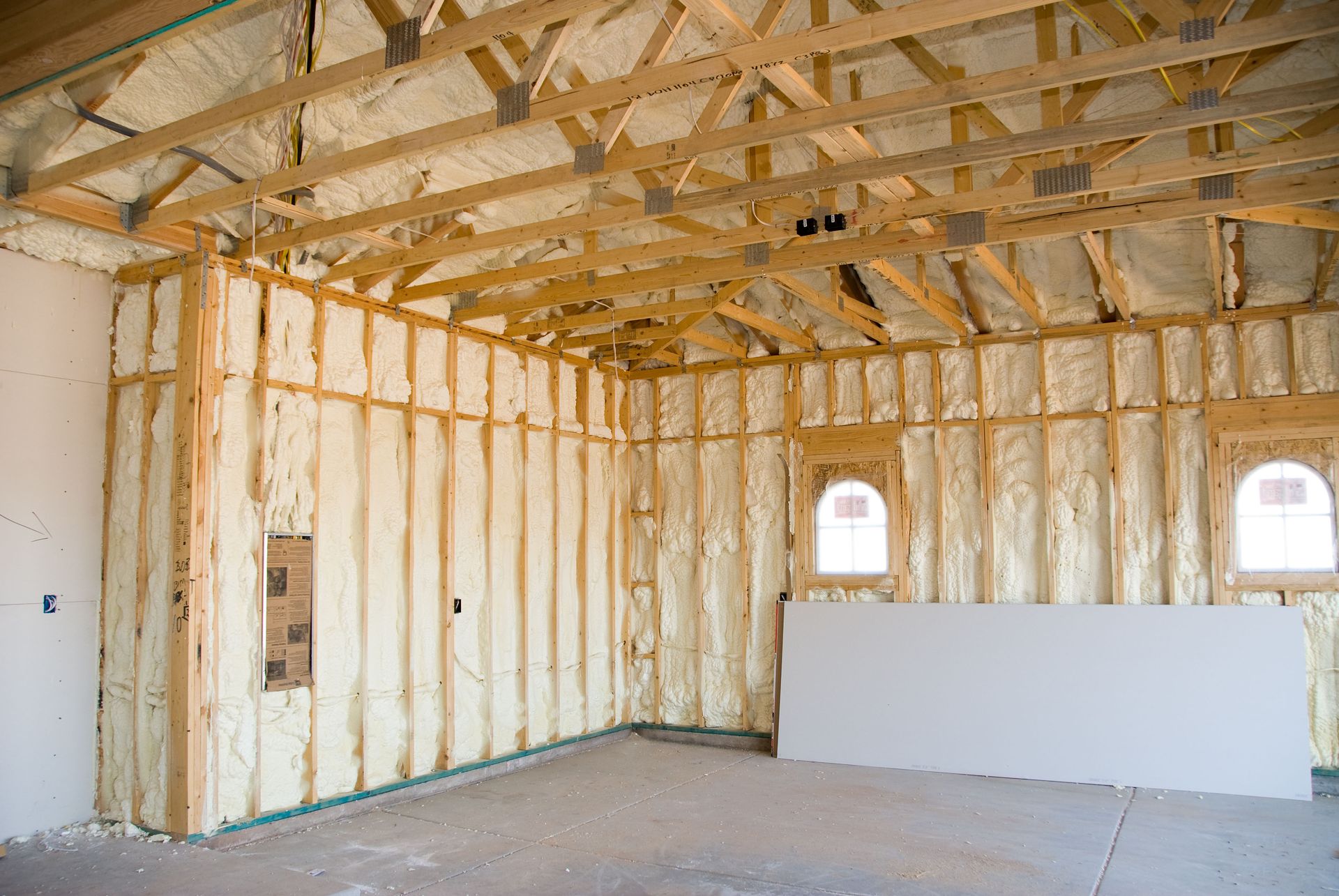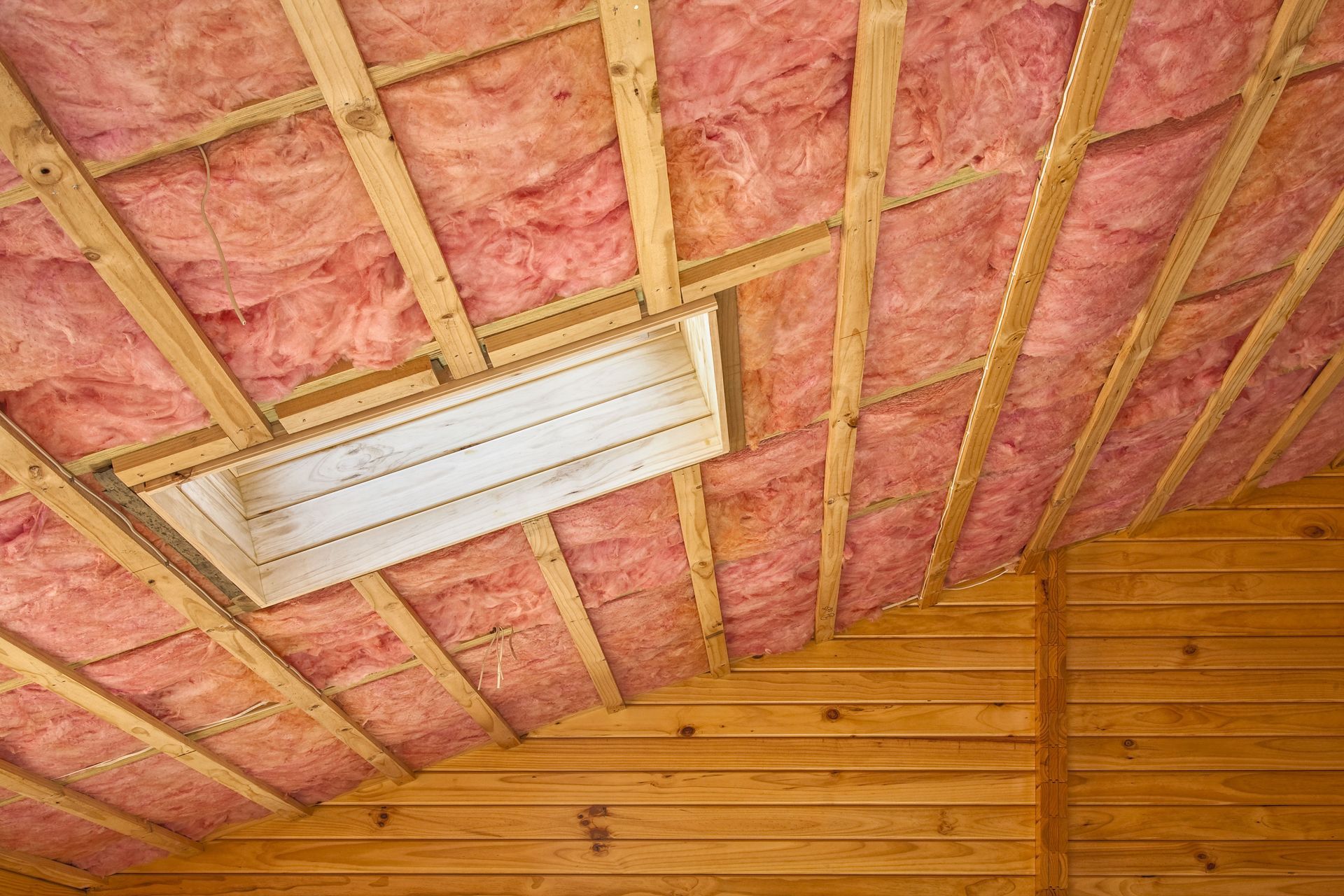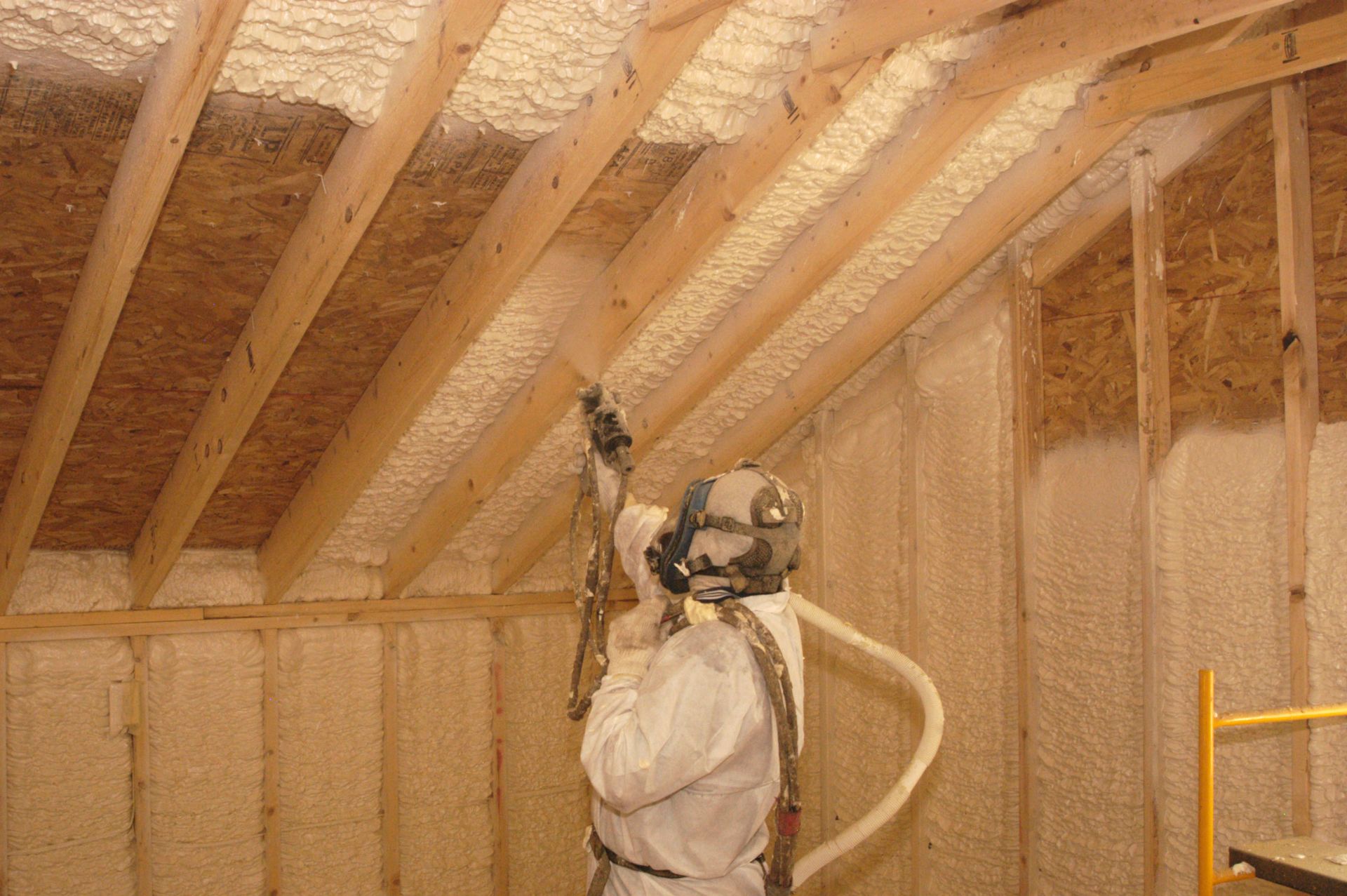Understanding Why Insulation Contractors Use Different R-Value Insulations
When it comes to selecting the right insulation for your home, it's crucial to understand why insulation contractors often recommend different types of materials based on their R-value. However, the choice of insulation often goes beyond just this number. Different insulation types offer various benefits that are tailored to specific needs, ensuring your home remains energy-efficient and comfortable.
Spray Foam Insulation
Spray foam insulation stands out for its exceptional performance in sealing gaps and providing high R-values. Insulation experts frequently choose spray foam for its superior ability to create an air-tight seal, which minimizes energy loss. This type of insulation expands upon application, filling voids and crevices that might otherwise let air and moisture in. With an R-value ranging from six to seven per inch, as found by Architect Magazine, spray foam can significantly improve a home’s thermal performance, making it an ideal choice for both new construction and retrofitting older homes.
Fiberglass Insulation
Fiberglass insulation is one of the most common types used in residential construction, and insulation contractors often recommend it for its affordability and ease of installation. According to Today's Homeowner, fiberglass insulation typically has an R-value ranging from 11 to 15. This means that fiberglass insulation provides reliable thermal resistance while being relatively easy to handle. While it may not offer the same level of air sealing as spray foam, its cost-effectiveness and ability to fit various spaces make it a popular choice for many homeowners.
Cellulose Insulation
Cellulose insulation, made from recycled paper products, is another option that insulation contractors might suggest. Known for its high R-value of around 3.5 to 3.8 per inch, the Cellulose Insulation Manufacturers Association also discovered cellulose is particularly effective at filling gaps and providing excellent thermal resistance. Cellulose is often used in attic spaces and wall cavities and can be installed as loose-fill or dense-packed, which helps it conform to irregular spaces and enhance overall efficiency.
Insulation contractors use different R-value insulations to address specific needs in a home, from enhancing thermal performance to preventing moisture issues. Each insulation type, whether spray foam, fiberglass, or cellulose, offers unique advantages that contribute to overall energy efficiency and comfort. By understanding these differences, homeowners can make informed decisions and work with contractors to choose the best insulation solutions for their specific requirements. Please reach out to New England Performance Insulation today to learn more or to schedule our services!




Share On: